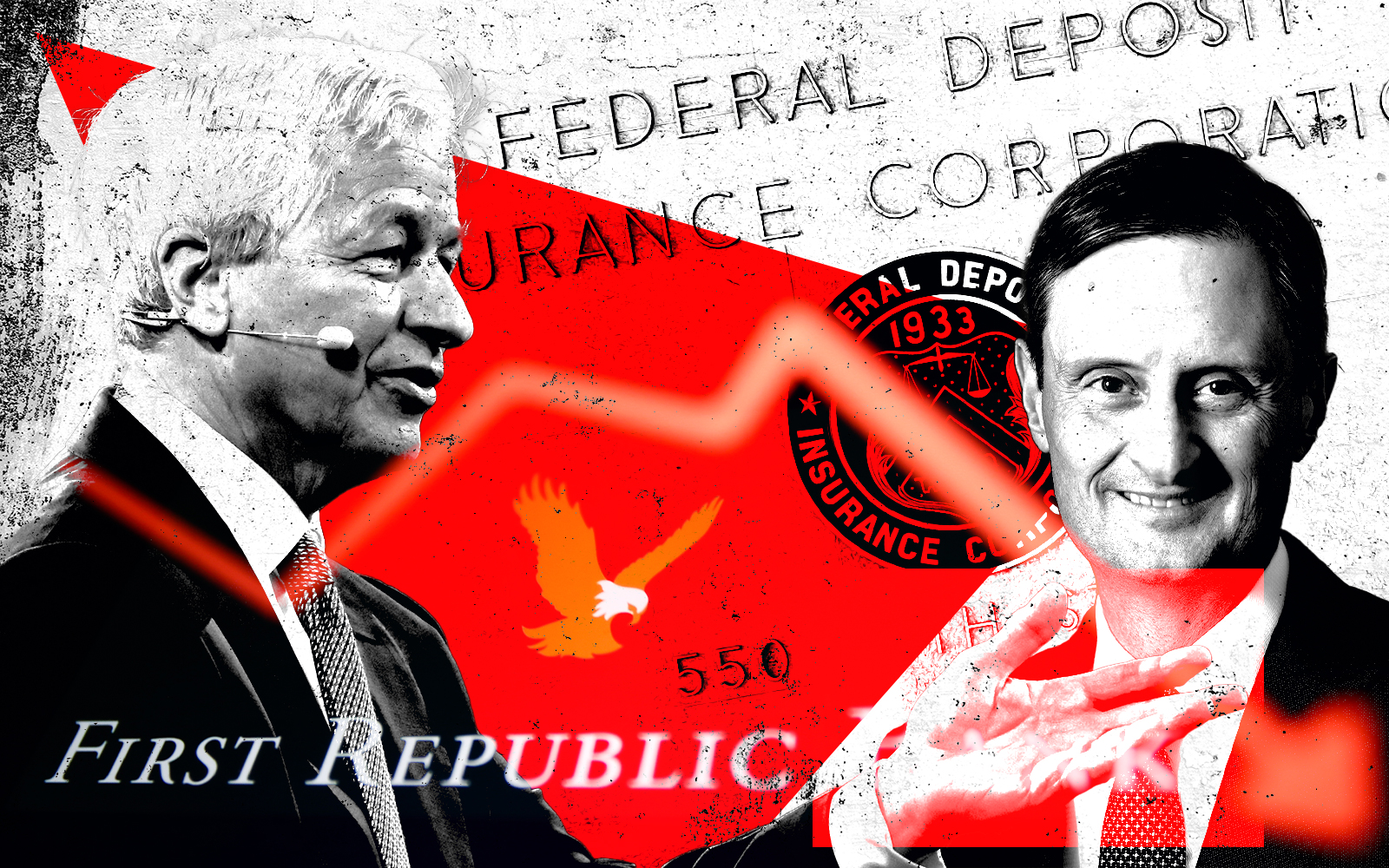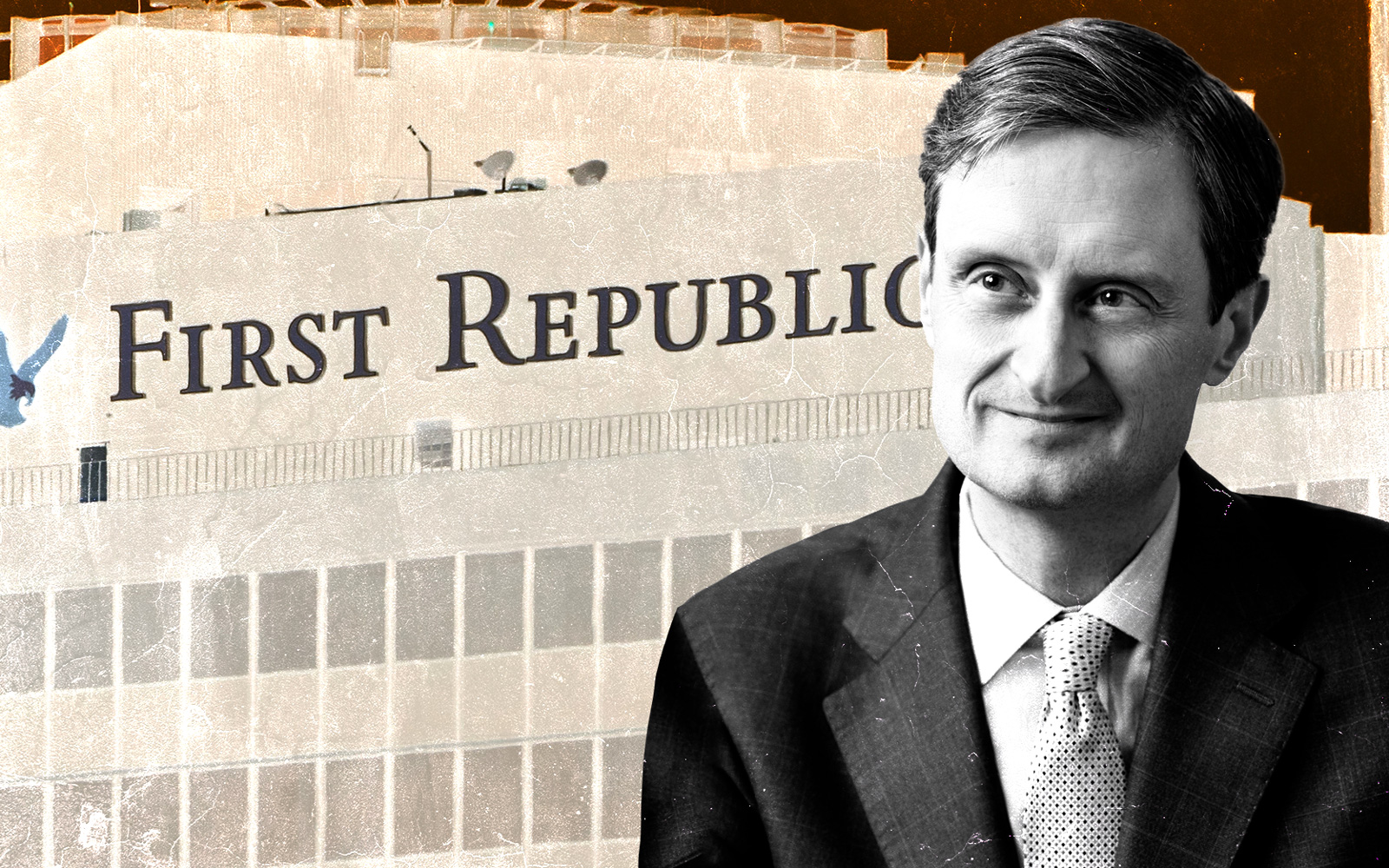In the wake of the collapse of Silicon Valley Bank and Signature Bank, First Republic, a prominent mortgage lender in San Francisco, lost billions in deposits.
Further, the bank began suffering with a pile of long-term mortgages on its balance sheet.
On the latest episode of Deconstruct, The Real Deal unpacks how First Republic’s strategy to offer low-interest, competitive mortgages, helped seal its fate on Monday, when the FDIC seized it and sold it to JPMorgan Chase.
Since interest rates have soared, the bank has had to pay out more in interest than it’s reeling in from its long-term mortgages.
The bank’s interest expenses soared to $555 million in the first quarter — a whopping 2,675 percent increase from $20 million in the first quarter of last year, before the Federal Reserve raised rates for the first time, according to a quarterly earnings release last week.
That increase in expenses led to a decline in net interest income to $923 million — a 21 percent decline compared to the last three months of 2022, according to the release.
First Republic also lost $102 billion in deposits in the first quarter — more than half of its deposit base at the end of last year. Part of that hemorrhaging was stabilized by a $30 billion injection from 11 banks, including JPMorgan and Wells Fargo.
Listen to the latest episode of Deconstruct, and all previous episodes, on Apple, Spotify, Stitcher, Pandora and on TheRealDeal.com.
This episode was recorded and produced before the FDIC seized First Republic Bank and sold it to JPMorgan on Monday morning.
Read more



